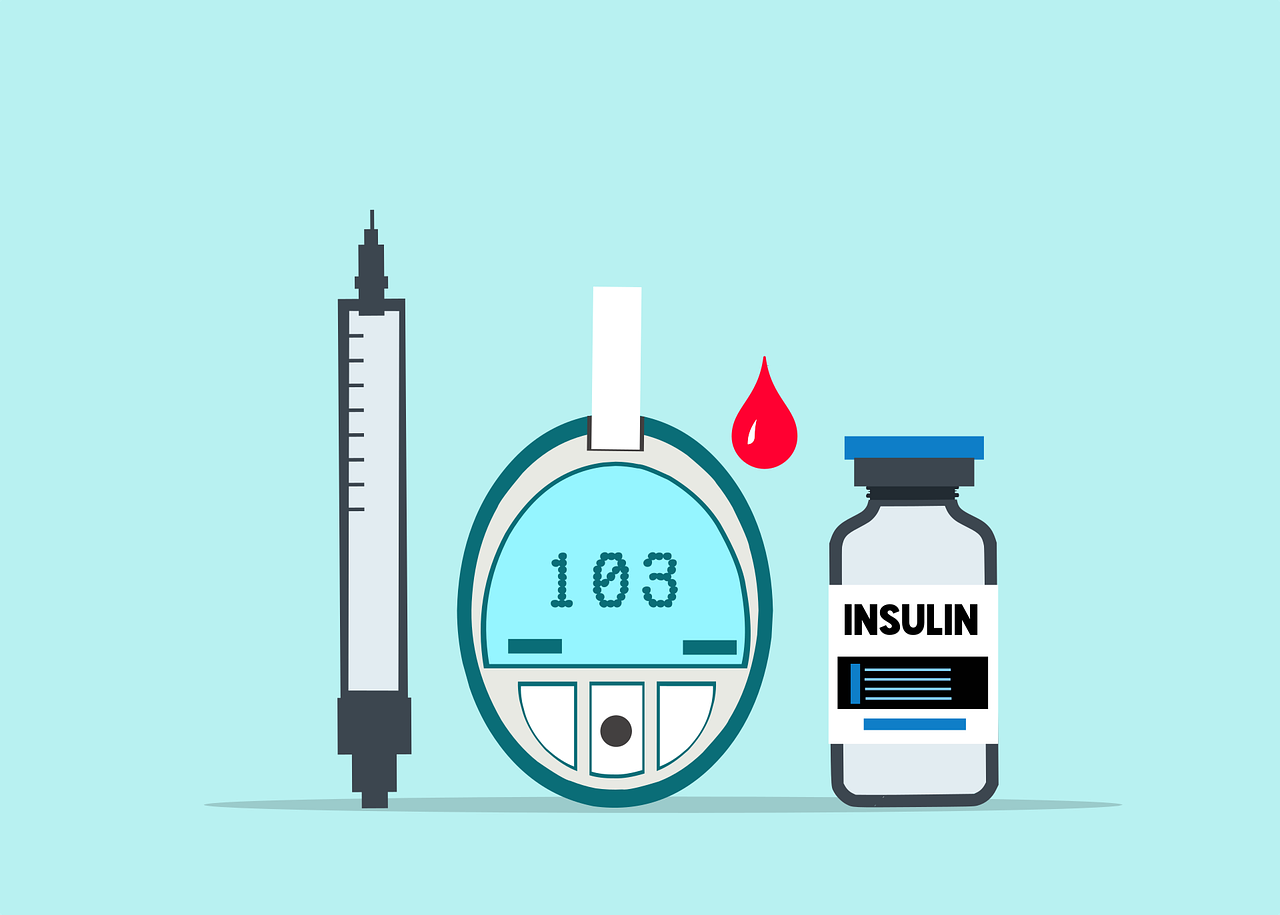Introduction to Glucose Busting Diet and Tips for Diabetes
Diabetes is a chronic condition that affects how your body turns food into energy. When you eat, your body breaks down carbohydrates into glucose, which is used by your cells for energy. However, for people with diabetes, their bodies have trouble regulating blood sugar levels, leading to high blood sugar levels which can be harmful to their health. One way to manage diabetes is through a glucose busting diet.
What is a Glucose Busting Diet?
A glucose busting diet is a way of eating that focuses on controlling blood sugar levels by managing carbohydrate intake and choosing foods that have a minimal impact on blood sugar. This type of diet can help people with diabetes manage their condition and reduce the risk of complications.
Some key principles of a glucose busting diet include:
- Limiting refined carbohydrates such as white bread, pasta, and sugary snacks.
- Choosing whole grains, fruits, vegetables, and lean proteins.
- Eating smaller, more frequent meals to prevent spikes in blood sugar levels.
- Monitoring portion sizes to avoid overeating.
Tips for Diabetes Management
In addition to following a glucose busting diet, there are other tips that can help people with diabetes manage their condition effectively:
1. Stay Active
Regular physical activity can help lower blood sugar levels and improve insulin sensitivity. Aim for at least 30 minutes of moderate exercise most days of the week.
2. Monitor Blood Sugar Levels
Regularly checking your blood sugar levels can help you understand how different foods and activities affect your levels. This information can help you make better choices to manage your diabetes.
3. Stay Hydrated
Drinking plenty of water can help prevent dehydration, which can affect blood sugar levels. Aim to drink at least 8 glasses of water a day.
4. Get Enough Sleep
Poor sleep can affect blood sugar levels and insulin sensitivity. Aim for 7-8 hours of quality sleep each night to help manage your diabetes.
5. Manage Stress
Stress can cause blood sugar levels to rise, so finding ways to manage stress such as meditation, yoga, or deep breathing exercises can help improve your diabetes management.
By following a glucose busting diet and incorporating these tips into your lifestyle, you can effectively manage your diabetes and improve your overall health and well-being.


